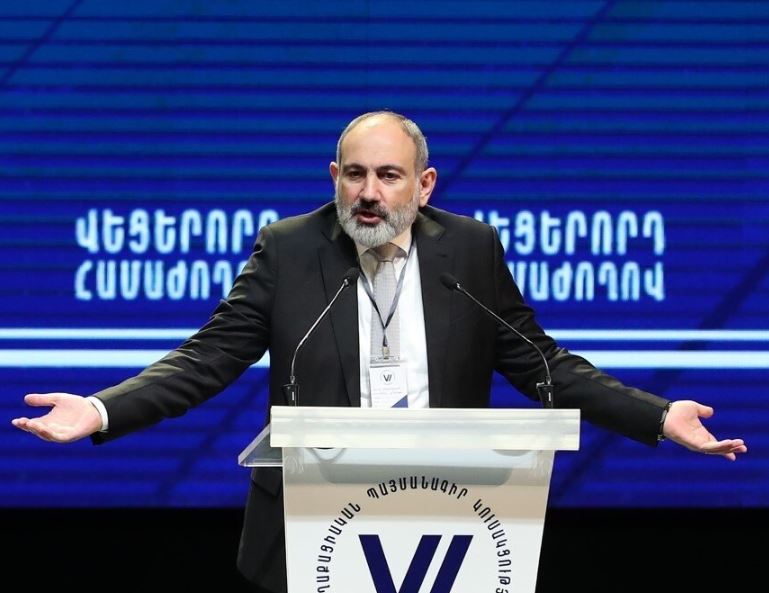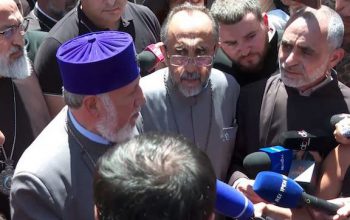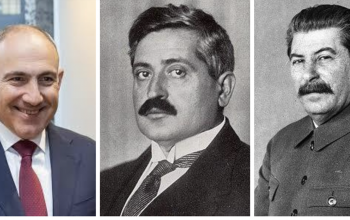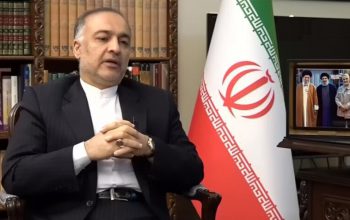Prime Minister Nikol Pashinyan has found himself embroiled in controversy yet again, this time over allegations of opaque campaign financing within his Civil Contract party. These accusations come hot on the heels of a damning report exposing questionable donations received prior to Yerevan’s municipal elections last September.
Despite Civil Contract’s claim of raising a substantial 506.5 million drams ($1.25 million) from around a thousand donors during a single event in August, investigative journalism by Infocom.am has cast doubt on the legitimacy of these funds. The report reveals a troubling pattern: a significant portion of these contributions, ranging from 1 million to 2.5 million drams, appears to have originated from sources with dubious affiliations.
Many of the purported donors, when approached by Infocom reporters, professed ignorance regarding the large sums allegedly contributed to Pashinyan’s party through a commercial bank owned by Khachatur Sukiasian, a prominent businessman and pro-government lawmaker.
Lucy Manvelian, the lead investigator behind the exposé, shed light on the stark incongruity between the financial means of these donors and the exorbitant amounts they purportedly contributed. This dissonance is particularly glaring in the case of former Ministry of Emergencies officials, whose donations exceed their annual salaries by significant margins.
Armen Pambukhchian, a key figure within Civil Contract who previously held a top position in the Ministry of Emergencies and managed the party’s Yerevan election campaign, is among those whose actions have raised eyebrows.
Likewise, employees of companies associated with business elites known to be in close alignment with Armenia’s current leadership have made substantial donations. Notably, eight senior executives from Yeremian Projects, a company with extensive interests in the restaurant and dairy industries, each donated 2.5 million drams. Despite assertions from the company that these donations were made using corporate funds, questions linger about their true origin.
When confronted with these allegations during a parliamentary session, Pashinyan conspicuously sidestepped addressing the specific concerns raised by investigative journalists. While vehemently denying any lack of transparency within his party, Pashinyan’s responses have done little to assuage public skepticism surrounding the source of these campaign contributions.
Pashinyan’s feeble attempt to deflect criticism by citing information available on official Armenian state websites has been debunked, as none of these platforms provide detailed records of campaign donations. Civil Contract’s initial refusal to disclose the list of donors, only relenting under pressure from the media and civil society organizations culminating in a court order in December, further underscores the party’s lack of transparency and accountability.




